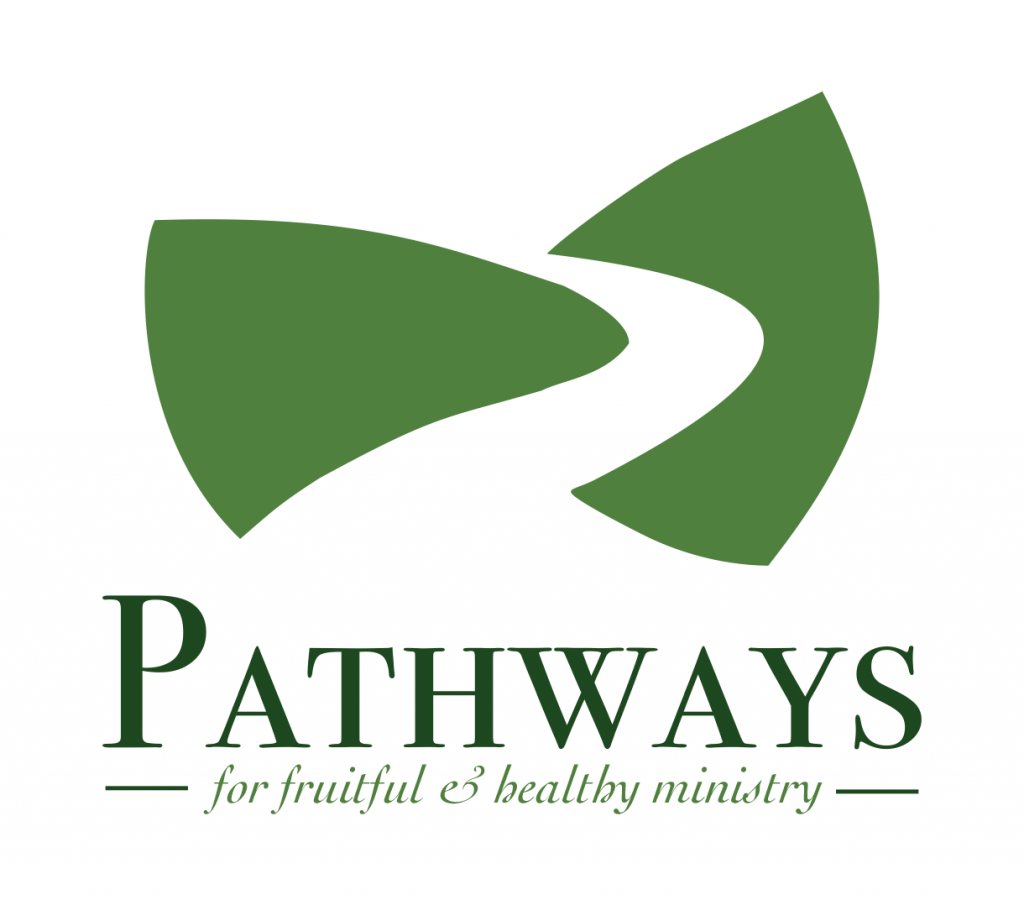I am not super “outdoorsy”. Sure, I like to garden and take a nice walk, or maybe a short hike, but I like to head indoors after a while. So it was definitely way outside my comfort zone to take a group of youth to a music festival that required camping outdoors for a week. After my first time at this event, I quickly learned some important survival skills for living in the great outdoors, especially amongst a few thousand people.
Lesson One: To have an enjoyable experience, you needed a good base camp. Aside from the tents where everyone would sleep, the campsite needed a place for people to gather, eat, chill out and play games, and sit around the campfire. Over the years, we worked hard to continually improve our basecamp, which resulted in our campers having a great experience.
Whether you are attending a music festival or developing and delivering ministry and mission to a local community, there needs to be a base camp where supplies are stored, where people can gather, rest, and strategize from where resources are deployed. For the local church, your “basecamp” includes your facilities and resources that provide space and the budget for people to gather, hold classes and worship, and a platform for engaging the community as well as your people.
Has your congregation experienced trouble in maintaining your facilities? Are you struggling with finding new leaders? Have you stripped your budget to the bare minimum? Now is the time to address these base camp concerns before they become an obstacle to your mission and ministry.
Lesson Two: Be resilient and flexible. If you are living in the great outdoors there will be storms, bugs, dirt, and burnt food. There will be times when congregations will struggle to meet financial and administrative obligations and attract new people. But healthy teams can take on challenging problems with great resilience, they adapt, adjust, and move forward.
I would like to introduce Pathways: A Sustainable Future. This process will allow your congregation to work on a plan to care for your basecamp for ministry and mission. Pathways: A Sustainable Future will also build on your resilience as you address and strengthen the five areas of sustainability: facilities, finance-revenue, spending, debt, and faithful folks.
Congregations that engage in this module will develop a plan to reduce the risk factors and set forth on a path toward long-term health. A sustainable congregation can maintain its buildings and properties and support its leadership and ministry budget so it can carry out the mission in the community and be bearers of hope in the world.
Pathways: A Sustainable Future is one of four follow-up modules available for churches who have completed Pathways Part 1: Assess and Discern. Over the next few months, I will be sharing more about our other modules on Organization, Growing Congregational Health and Fruitfulness, and Community Engagement.
To learn more about Pathways see https://www.gnjumc.org/pathways. Or contact Congregational Resource Champion, Gina Yeske at gyeske@gnjumc.org

